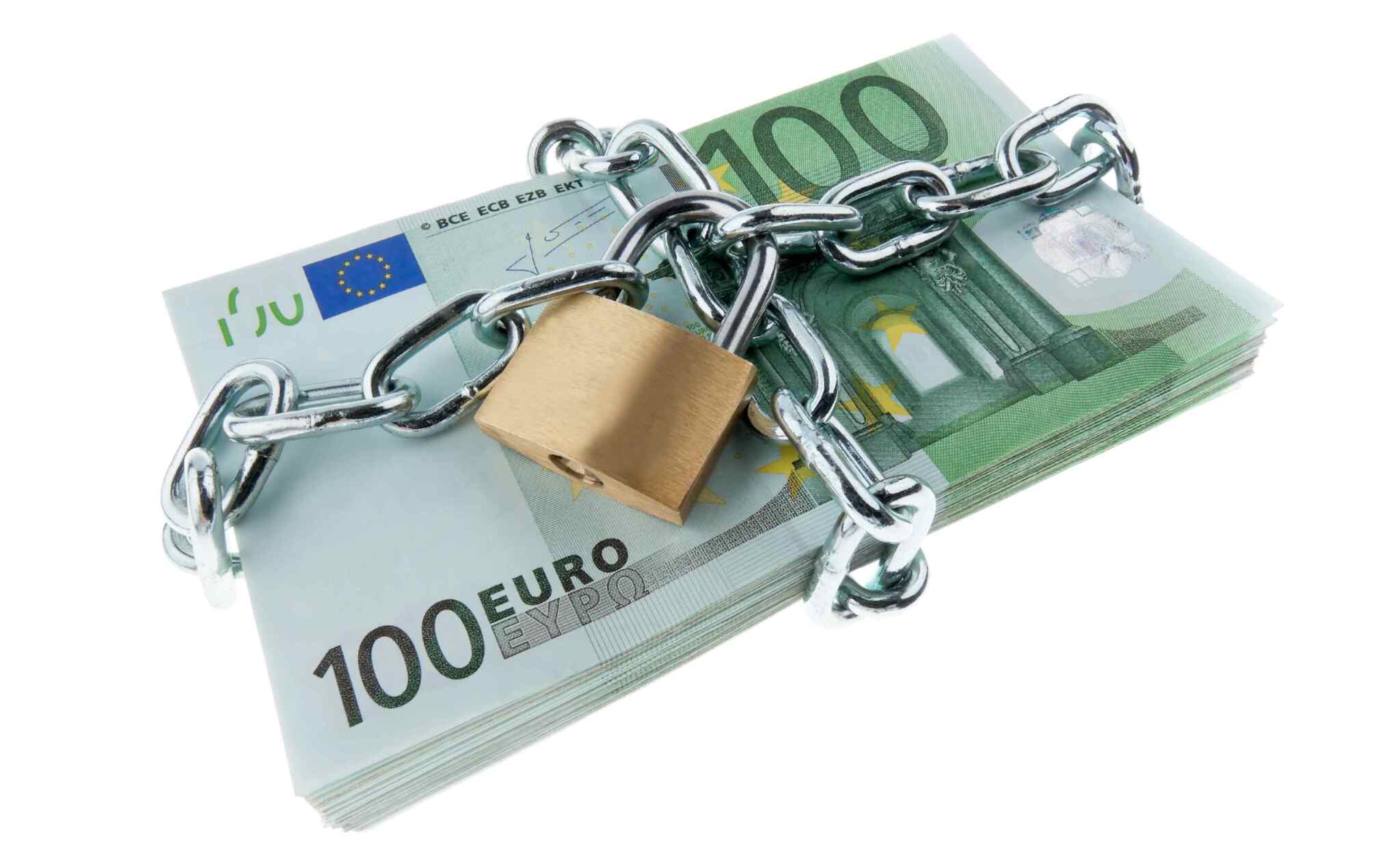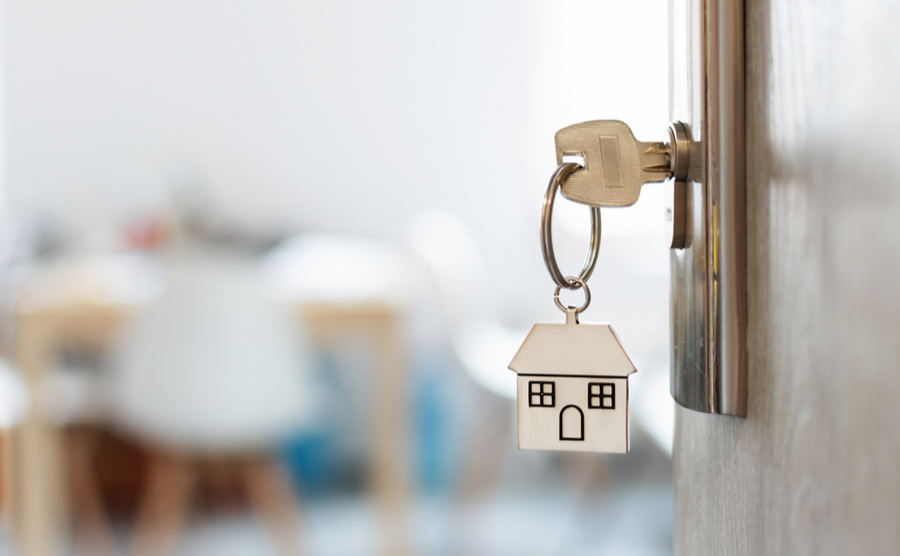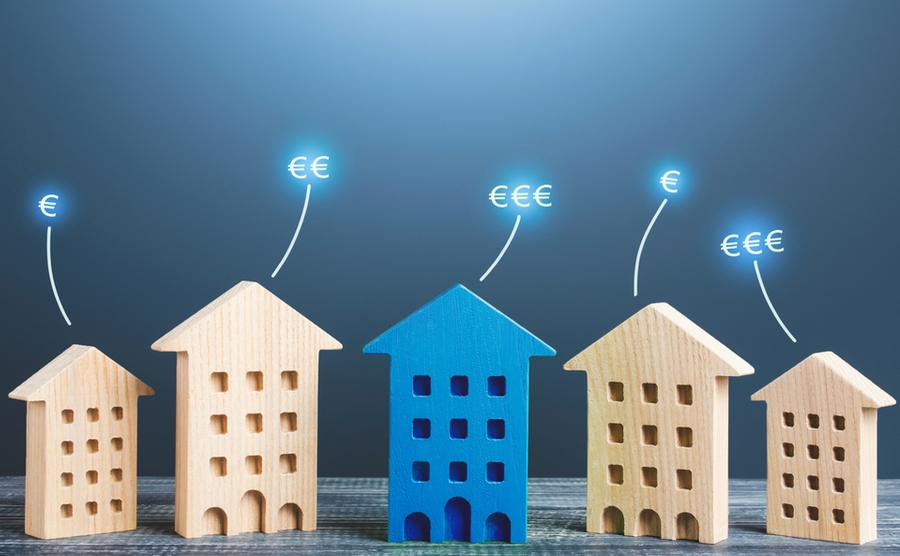For some, paying for a property abroad in another currency is the most stressful part of the process. Here’s what you need to know at every stage of buying property overseas.
When buying property abroad, our partners at Your Overseas Home suggest working backwards from the date you would like to be in the property. With each step mapped out and a timescale, you should find it easier to stay on track to be in your dream home when you want.
But how do the currency processes match those of the buying process?
When it comes to the financial aspects of buying, Smart Currency can help every step of the way. When you register for your account, you’ll gain access to a personal trader with long experience of the process that comes with buying property overseas. Do feel free to use their expertise.
Here are the key financial stages. If you stay focused and proactive in paying for a property overseas, it’s possible to make it happen in two to three months, although four to six is probably more achievable. Either way, the first step is always the same.

Step 1: set your budget
1. Set your budget (for buying property overseas)
When it comes to setting an attainable budget, start by talking to your specially assigned, personal trader at Smart Currency.
The rate you see on the news is what’s called the ‘interbank rate’, but it isn’t available to the general public. On the other hand, as you’ll know from getting holiday cash, you can get a truly awful exchange rate from some banks. The rate you’ll get from Smart Currency will be very close to the interbank rate. Your personal trader will explain all that. He or she will also outline anything upcoming that could move the exchange rate. That’s important, as you could suddenly find that the currency you hold is worth much less due to, for example, an announcement on interest rates or an election.
Armed with that information you can then set a budget for your purchase with confidence. You often find that estate agents offer better service abroad if you have made those proactive steps in sorting out currency for a property abroad and shown that you are a serious buyer.
You may also need to talk to a financial advisor and, if you need a little more money, a mortgage advisor. These professionals will help you set a budget for your property purchase, too. Your personal trader (or Your Overseas Home) may be able to recommend a suitable professional to help in your hunt for an overseas home.

How to pay a reservation deposit
2. Be ready to make a deposit payment
All countries, like the UK, have a series of steps in buying a property abroad. Unlike the UK, however, in some countries such as Spain, you put down a deposit on a property as soon as you reserve it. Indeed, it is called a ‘reservation deposit’ and is normally around €2,500 to €6,000, depending on the value of the property. It’s a benefit really, in avoiding gazumping.
This is separate and in addition to the 10% of the property value deposit normally paid later when you exchange contracts. You will normally be expected to pay it at the time of having your offer accepted, while on your viewing trip.
To ensure you have the money ready to pay this, you can pre-fund your account at Smart Currency. This will make it quick and easy to put the money down. Where time is of the essence, with a property you absolutely love, it can increase you chance of getting the property.
Learn about the payment process with Smart Currency

What is a forward contract? A way of protecting your budget
3. Offer accepted? Time to lock in your rate
When you make an offer and have it accepted in a different currency to that which your money is held in, you potentially have a problem. If the property costs €250,000 you are contracted to pay that on, say 1st May, then that is what you must pay. But if your money is pounds, how will you know what the exchange will be on 1st May?
If the pound strengthens against the euro, great, it will cost less. But if the pound weakens you might have to find thousands more on 1st May. Trust us, it happens! Fortunately, with Smart Currency, you can lock in the rate when you make your offer and know that on 1st May it will be unchanged.
It’s called a forward contract and is very popular with people paying for property abroad.
In currency terms, it effectively ‘fixes’ the purchase price of your overseas property in sterling for up to a year. To do so, you put down around 10% of the contract price.
Suppose you don’t have 10%. In that case, or because you are willing to take the chance on some of the purchase price but not all, you could take out a forward contract on part of the property price. For example, say you’re buying a home in France for €250,000 but don’t yet have 10% as your assets are tied up. You could, however, afford €10,000, so you are able to take out a Forward Contract on €100,000 instead, thus protecting just under half of your property price from potential exchange rate fluctuations.
Learn more about forward contracts with Smart Currency

4. Exchanging contracts: spot or forwards?
If you’re buying an overseas home that’s available immediately, you might not need the fixed time frame that a forward contract provides. A spot contract is a single currency transfer, ‘on the spot’, at today’s exchange rate. This will be the right service for those who need to make a payment today, or within the next 48 hours.
Learn more about spot contracts with Smart Currency
When you come to exchange contracts, in most countries you will pay a deposit of around 10% of the purchase price. This is, of course, a separate 10% to that which you pay to Smart Currency to secure the exchange rate with a forward contract. Your personal trader at Smart Currency can help arrange this. You will find that the process is very simple.

The keys to a new home
5. Completion process
When you’re ready for the big day – completion and receiving the keys – Smart Currency will be there, at the end of the phone, to transfer your funds overseas to the beneficiary in a safe and secure manner.
6. After you buy
Smart Currency’s service doesn’t end there. From setting up utilities, to transferring or buying furniture, refurbishments, ongoing maintenance and much else, Smart Currency can help. Talk to your personal trader about a regular payment plan to ensure these go smoothly and cost-effectively.
It’s really important to plan your finances carefully when paying for property overseas using a foreign currency. For valuable advice and guidance on international property purchases, download your free copy of the Property Buyer’s Guide to Currency today.
Download the guide today





















